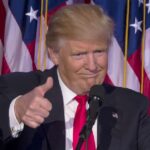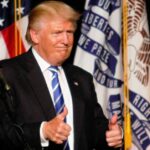



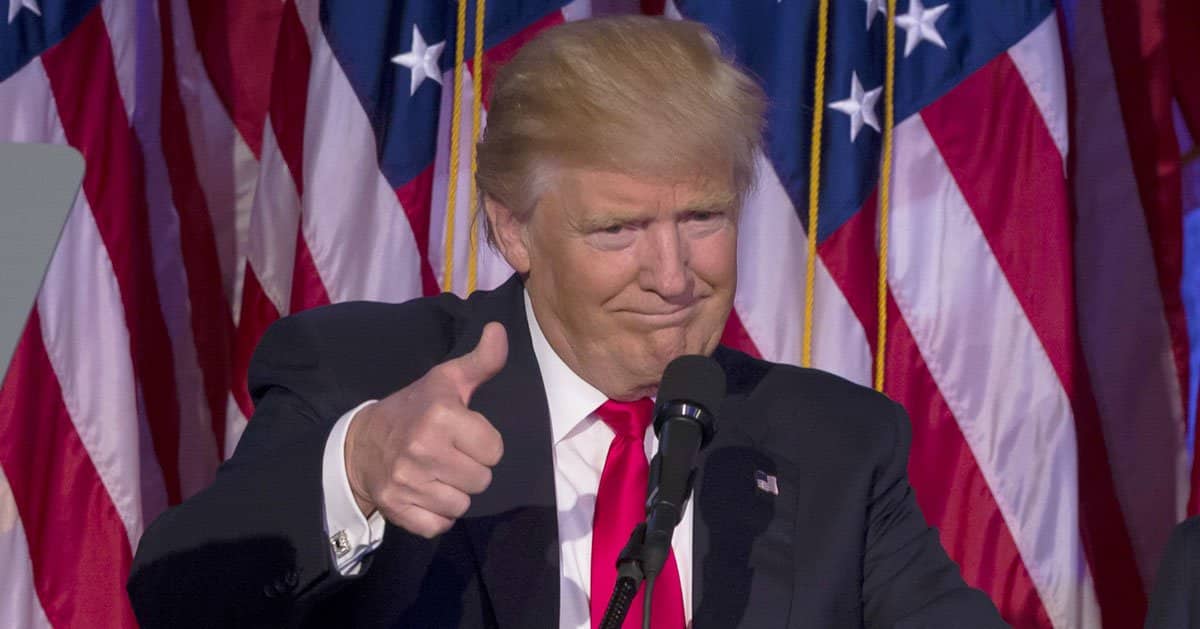
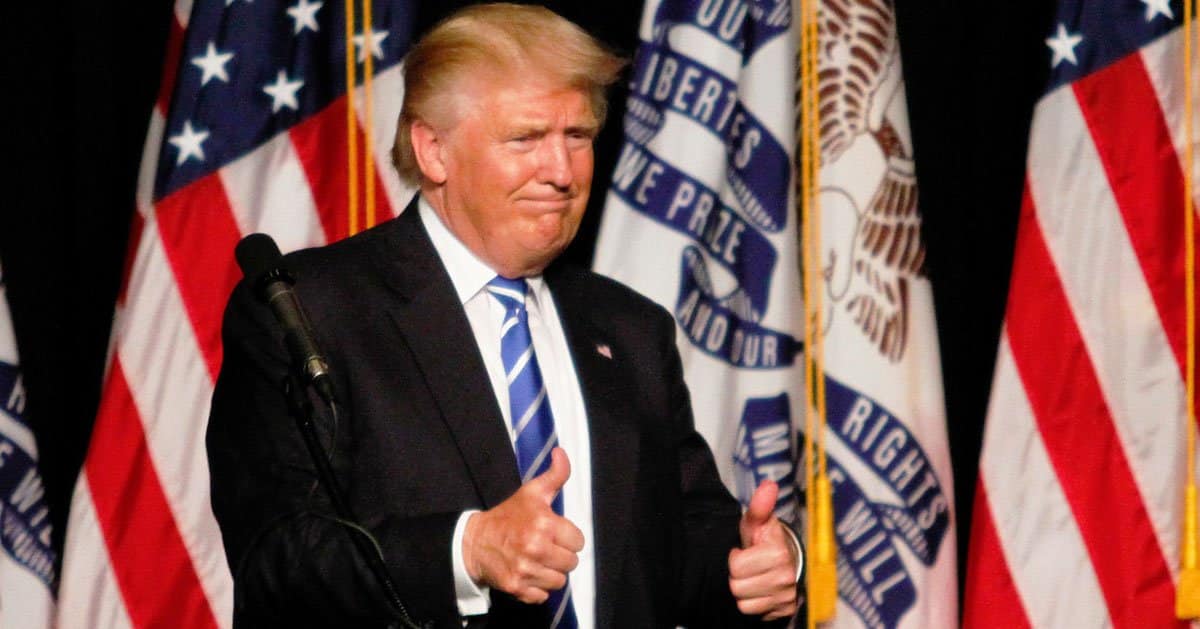
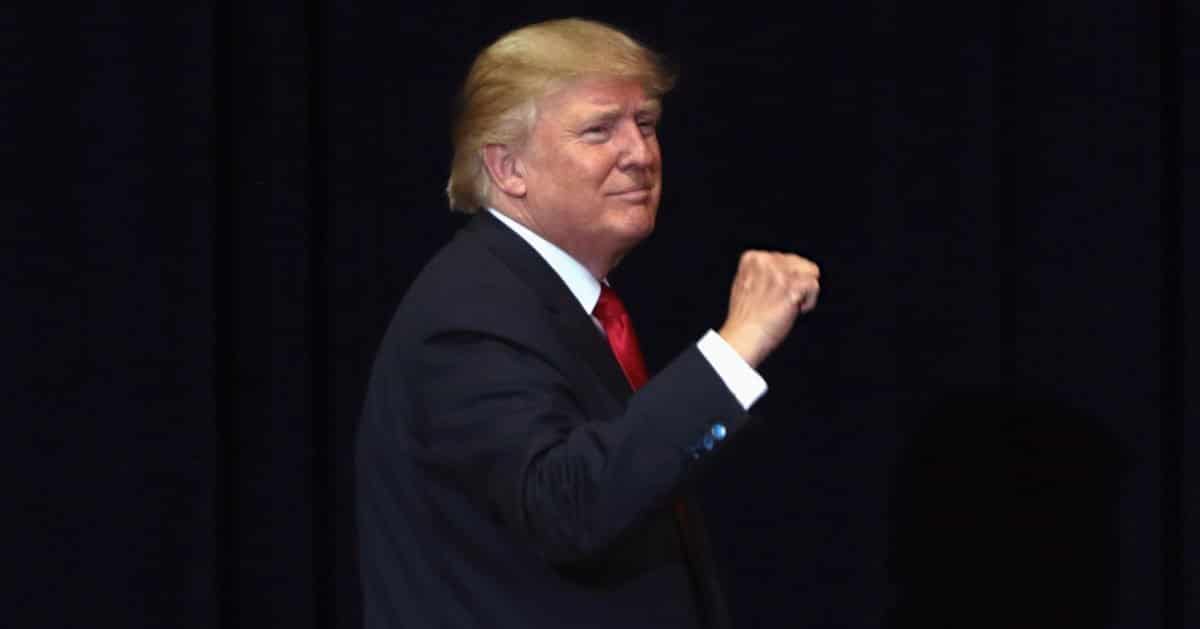


President Donald Trump just threw a lifeline to American households drowning in sky-high grocery bills.
On Friday, November 14, 2025, Trump dialed back his sweeping global tariff plan, exempting key food staples like coffee, beef, and tropical fruits from import duties as part of a calculated pivot to ease the burden of inflation on everyday families.
This rollback marks a sharp departure from the hefty import taxes rolled out earlier in 2025 under Trump’s “Liberation Day” emergency declaration aimed at slashing trade deficits. It’s a rare concession for an administration that’s made reviving U.S. manufacturing through steep levies a cornerstone of its economic vision. But with food prices spiking—think 18.9% for roasted coffee and 12.9% for ground beef since September—something had to give.
The decision wasn’t pulled out of thin air; a White House executive order on November 14 cited updated trade recommendations and ongoing negotiations as the driving force behind this shift. New agreements with countries like Ecuador, Guatemala, and Argentina—nations that supply goods the U.S. can’t produce enough of domestically—played a big role. It’s a pragmatic move, acknowledging that not every import can or should be replaced overnight.
Specific items getting a break include coffee, tea, bananas, oranges, tomatoes, cocoa, spices, fruit juices, beef, and even some fertilizers. These aren’t luxuries; they’re the basics filling pantries across the country. The administration’s fact sheet made it clear: if it’s food not grown sufficiently here, it’s likely off the tariff chopping block.
Industry voices, like the Food Industry Association, are cheering from the sidelines, calling this “swift relief” a vital step toward keeping shelves stocked and prices manageable. They’ve long argued that import taxes are just one piece of a messy supply chain puzzle, but a piece that hits consumers hard. It’s a nod to reality over rigid ideology—a refreshing change in D.C. these days.
Let’s not pretend this is purely about trade wins; the timing screams political necessity after recent off-year elections showed voters fed up with the cost of living. Democrats capitalized on that frustration, and the White House seems to have taken note. Trump’s team framed it as a strategic adjustment, but it’s hard to ignore the pressure of public discontent.
Speaking of the man himself, Trump kept it casual aboard Air Force One on November 14, saying, “We just did a little bit of a rollback on some foods like coffee.” That’s classic understatement for a policy shift this big, but it shows he’s not blind to the kitchen-table struggles of ordinary Americans. Still, one wonders if “little” truly captures the scope of this U-turn.
Earlier, in a November 10 interview with Fox News’s Laura Ingraham, Trump hinted at this change, stating, “Coffee, we’re going to lower some tariffs.” It’s a rare peek into his willingness to tweak the playbook when the heat’s on. But don’t expect a full retreat—his core mission of protecting American jobs through trade policy isn’t going anywhere.
Of course, the other side couldn’t resist taking a swing. Rep. Don Beyer of Virginia pounced on November 14, declaring, “President Trump is finally admitting what we always knew: his tariffs are raising prices for the American people.” Nice try, but let’s be honest—every policy has trade-offs, and Trump’s at least trying to fix the damage while still pushing for U.S. economic strength.
Beyer also sneered that the White House is spinning this as a “pivot to affordability.” Cute jab, but if affordability means cheaper bananas and beef for struggling families, most Americans won’t care about the messaging. The progressive crowd might scoff, but they’re often more obsessed with narrative than results.
Look at the bigger picture: Trump’s initial tariff push was about leveling the playing field, forcing other nations to bear the cost of unfair trade practices. He’s even said as much, arguing that the burden largely falls on foreign exporters. Whether that holds up under scrutiny, the intent was never to punish American shoppers—it was to rebuild American industry.
Still, with banana prices up 6.9% in a month, the rollback on these goods feels like a necessary course correction. It’s not about caving to critics; it’s about recognizing that a strong America doesn’t starve its own people to prove a point. That’s leadership, not weakness.
The affected countries in these trade talks aren’t just random players; many export essentials the U.S. relies on to meet demand. This isn’t charity—it’s smart economics, ensuring supply chains don’t collapse under the weight of ideological purity. Trump’s finding that sweet spot between protectionism and pragmatism.
At the end of the day, this tariff rollback is a win for the average family, even if it’s a bitter pill for the purists who wanted an all-out trade war. It shows a willingness to adapt without abandoning the fight for American workers. And in a world obsessed with divisive culture battles, a policy focused on putting food on the table feels like a breath of fresh air.


